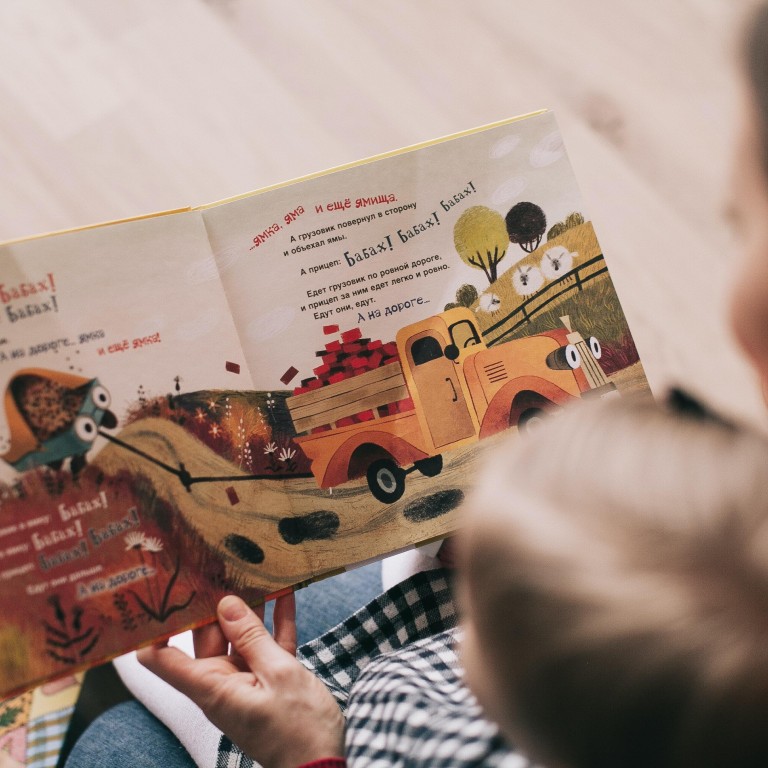
Does reading create smarter children?
- Reading is an incredibly important life skill, and the learning process for this skill begins at a very young age
- When parents show through their own actions that they have a respect and fondness for reading and language, their children notice
Reading is an incredibly important life skill, and the learning process for this skill begins at a very young age. Many parents have concerns about developmental milestones regarding their children’s reading abilities, but just how important is it for children to reach these milestones at certain ages and how does reading truly create smarter children?
To discuss the positive effects of reading and how to encourage reading in the home, we have Kathy Nutting, Founding Head of Early Childhood Education and Education Consultant at Fairchild Junior Academy, and Naima Charlier, Director of Teaching & Learning at Nord Anglia International School Hong Kong.
There are several cognitive benefits that come with reading, including various skills many people associate with the word “smart”. Some of these benefits include: an improved understanding of context, an ability to make stronger connections in the brain to relate new and old concepts more easily, an increase in awareness, and a better capacity to understand the complexity around different scenarios. These cognitive abilities help form “a great basis for all learning to happen,” as Naima mentions.
Though parents may get anxious if their children are not exactly “on track” with some developmental milestones, they should not let this overwhelm them or their children. The best way to consistently encourage reading is to make it a fun and engaging experience as opposed to a boring, repetitive chore. Though there can be benefits to worksheets and drills, there must be a balance between these traditional learning methods and other more immersive and enjoyable techniques.
The process of learning how to read starts long before a child can even hold open a book, and Kathy and Naima both agree the best way of raising a strong and happy reader is by exposing them to stories, songs, nursery rhymes, and books at a very young age. When parents show through their own actions that they have a respect and fondness for reading and language, their children notice.

School is a great place to learn, but as Kathy says, reading “does not stop at a textbook.” This is just another way of emphasising that interacting with your children consistently and exposing them to all kinds of language is incredibly beneficial. Once children are able to read, providing them with content that reflects their interests and passions is a great way to keep them interested.
